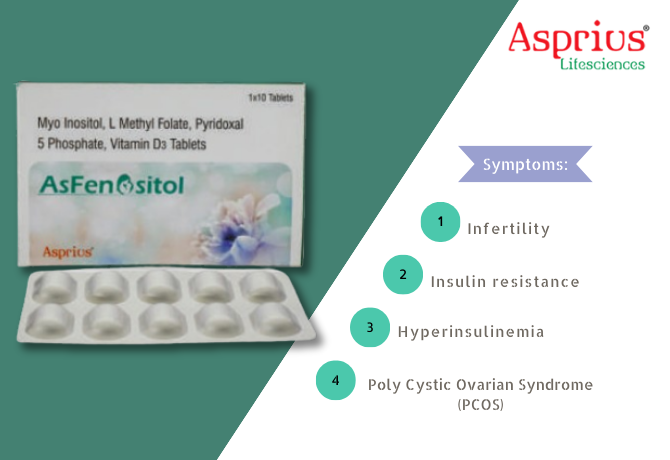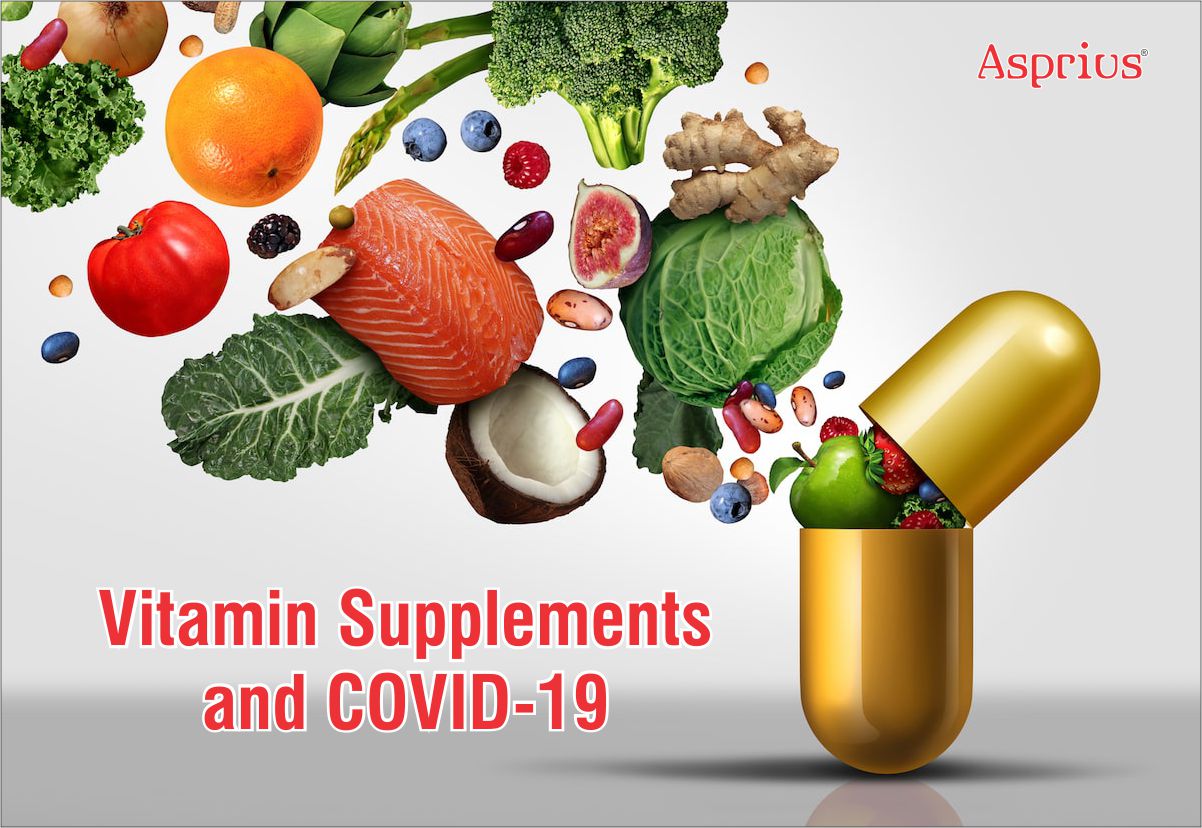
Dr. Sanjay Agrawal
Leading Pharmaceutical consultant and editor-in chief of IJMToday

Correlation of Methylcobalamin, Hyperhomocysteinemia and Pregnancy Complications
Methylcobalamin Requirements in pregnancy: During pregnancy maternal folate and Methylcobalamin requirements are increased, this is because of rapid cell multiplication at the time of infant development and role of Methylcobalamin for DNA synthesis, Enlargement of uterus, fetal growth etc. Hemodilution occurs and folate and Methylcobalamin levels decreases due to transfer of all related nutrients from mother to fetus through placenta. This fall in serum level of Methylcobalamin in third trimester is also because of Hormone fluctuation during pregnancy; renal function impairment and alteration in binding protein concentration. Lowest Methylcobalamin level has been seen at 32 weeks and immediate before birth then again it raises up to normal after giving birth. So there should be slight rise in intake of Methylcobalamin and related B12 vitamins throughout pregnancy. It should be 3mcg/day during pregnancy and 2.8mcg/day during lactation. Hyperhomocysteinemia arises from Methylcobalamin deficiency and defective folate metabolism as they are interrelated.
Homocysteine levels during pregnancy: In normal pregnancy homocysteine level in serum is usually lower. Throughout the gestation period homocysteine level is not constant it changes in first, second and third trimester. Normally homocysteine level in first trimester is 5.43±1.40 to 5.50±6.12µmol/lit. It decreases during second trimester and then slightly decreased in third trimester. Various factors like Methylcobalamin deficiency, folate trap, deficiency of enzymes such as methyl tetrahydrofolatereductase, methionine synthase and gene mutations etc. are responsible for rise in homocysteine.
Role of Methylcobalamin throughout and after pregnancy: Methylcobalamin and folic acid are crucial for many of body functions especially in pregnancy. It maintains proper functioning of overall folate cycle and methionine cycle. In pregnancy it has main role in placental and embryonic cells for growth and development. It also works as coenzyme in DNA synthesis and methylation reaction in myelination of neurons. Infants born in normal pregnancy have adequate store of nutrients such as methylcobalamin, folate, Vitamin B6 which helps them in proper functioning for some months after birth. So in infants Methylcobalamin deficiency occurs after 4 months generally but it occurs very early if the maternal folate and Methylcobalamin deficiency persist throughout gestation.
Complications in Pregnancy: Deficiency of Methylcobalamin cofactor and hyperhomocysteinemia creates lots of complications in pregnancy, after pregnancy and in infants. It has dangerous effect on growth of embryo and maternal mental health after giving birth. This deficiency not only affects fetal growth but also has long term effects and risk factor for various diseases in adulthood. Low maternal Methylcobalamin level and hyperhomocysteinemia is mainly associated with intra uterine growth retardation, low birth weight and small gestational age which are mainly responsible for Preterm delivery. It is major risk factor for insulin resistance, Diabetes mellitus and cardiovascular diseases, megaloblastic anaemia, Neural tube defects (in which homocysteine affects myelin sheath synthesis). Pre-eclampsia is mainly seen after 20 weeks of gestation in pregnant women. In this rise in blood pressure of pregnant women due to endothelial cell dysfunction and inflammation occurs in association with hyperhomocysteinemia. This may also persist in later life after pregnancy. In severe Methylcobalamin deficiency embryo growth retardation occurs and it gets detached from the placenta. Also decidual and chorionic vessels are getting damaged and implantation is disturbed. Hence early and spontaneous abortions occur. One of major consequence is postprandial depression in women after giving birth to baby or after abortion.
Preterm Delivery: In normal pregnancy full term birth means pregnant women gives birth after 37 complete weeks of gestation period. This period is ideally required for full development of baby. Birth before completion of gestation period is called preterm delivery. Methylcobalamin and folic acid is very important in growth and development of embryo. One of the major causes of it is intrauterine growth retardation due to Methylcobalamin deficiency in which fetus cannot reach to the ideal size that is genetically determined. So after delivery the weight of baby is also low. Hyperhomocysteinemia increases the risk of premature rupture of membrane. It causes trophoblastic cell death along with inhibition of HCG hormone. If this occurs in early pregnancy then it leads to miscarriage. Homocysteine is responsible for vascular endothelium toxicity. It induces oxidative stress and affects placental perfusion. Because of all these things premature birth occurs. There are various consequences of preterm birth such as no fully developed infant, low birth weight at the time of birth. Apart from these lifelong complications persists such as neural tube defects, delayed cognitive function, coronary heart diseases and hypertension risk.
Postpartum depression: First few months of postpartum are crucial for women with Methylcobalamin deficiency as it cause mood disturbances. During pregnancy Women are involved in health services for longer time so lots of biological and social changes occurs affecting mental health. Postpartum depression is a depressive disorder that occurs between 2 weeks to 1 year after giving birth to baby or after miscarriage or weaning child from breastfeeding. It may be developed during pregnancy. There are several reasons it may be caused by biological or psychological factors like unemployment, lack of support, consciousness, history of depression. After pregnancy it is seen that there is major change in hormonal concentration that may be a reason for postprandial depression. Another major cause is due to Methylcobalamin deficiency and hyperhomocysteinemia by direct or indirect effects. Homocysteine directly inhibits secretion, neuronal availability and activity of neurotransmitter serotonin or 5-Hydroxytryptamine. This is because homocysteine-methionine pathway which is involved in the synthesis of neurotransmitter serotonin. It also affects dopamine and catecholamine that causes behavioural changes. Hyperhomocysteinemia causes hypo methylation of neurons in neurotransmitter synthesis and activity. Mitochondrial dysfunction, oxidative stress in dopaminergic neurons is also responsible for postprandial depression. Homocysteine precipitates depressed mood. It has serious consequences both on mother and child. It has been found that the child suffers impaired interaction and delay in mental and physical growth due to depression in pregnant women. In post prandial depression the mother shows high emotional reactivity i.e. she cries more easily than usual, more irritable and more emotionally labile. Sometimes it becomes more dangerous and show psychotic symptoms that she can harm herself and child. Supplementation with folic acid and Methylcobalamin to maintain fetal requirement for growth and development is best suited way to overcome these all complications during and after pregnancy.




